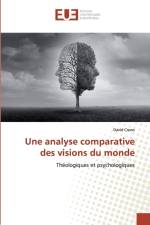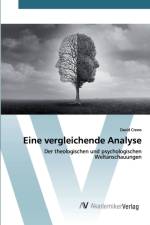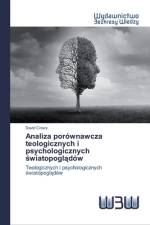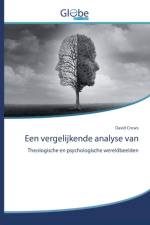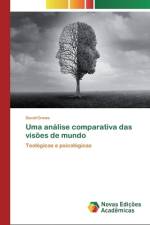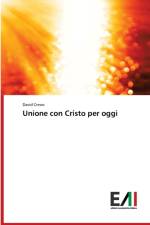von David Crews
52,95 €
Doctoral Thesis / Dissertation from the year 2012 in the subject Theology - Practical Theology, grade: 4.0, , language: English, abstract: The purpose of this thesis is to analyze what selected, leading theologians and noted psychologists have written, throughout history, about mankind's deepest needs in order to discover the extent, if any, to which these two worldviews may be integrated, without compromise of Biblical truth. "What," asked Tertullian in the third century, "has Athens to do with Jerusalem? Or the Academy with the church?" The Greek city of Athens was the home of the Academy, an institution of secular learning founded by Plato in 387 B.C. For Tertullian, Christian theologians inhabited a completely different mental world to their pagan counterparts. How could there be a meaningful dialogue between these two polar opposites? This question has resonated throughout history. Regarding theology and psychology, the question is being hotly debated today and is the primary focus of this research paper. "Is there any place in the church for psychology? If so, what is that place?"Today's desperate search for spiritual and emotional problem resolution, inner fulfillment and clear answers to the complicated questions of life, have all exploded into a gigantic industry, based on naturalistic philosophies. Recovery programs, twelve-step seminars, counseling centers and hordes self-help book are everywhere! Millions of Christians are seeking spiritual help and self-understanding, with modern-day maladies, in psychological theories rather than Scriptural truths. The methodology employed here will involve a critical series of objective convergence/divergence studies of six theologians and six psychologists representing different models of highly respected theological thought and psychological theory. It will be evident, to the reader, that these critiques and especially in the concluding chapter, that the personal presuppositions of the author affirm the world view of Christian theism.




